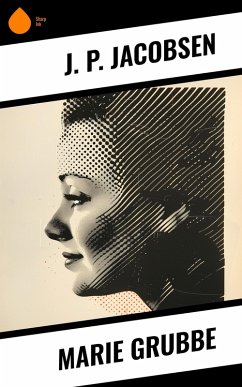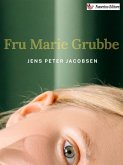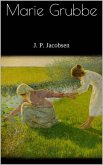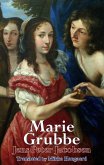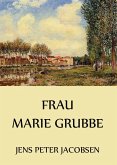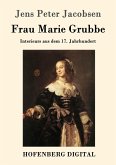In "Marie Grubbe," J. P. Jacobsen presents a poignant exploration of the inner turmoil and societal constraints faced by a woman in 17th-century Denmark. The narrative unfolds through a delicate interplay of realism and impressionism, capturing Marie's struggles against the conventions of her time. Jacobsen's prose is lyrical yet unflinching, employing a rich, evocative style that immerses the reader in Marie's world-a landscape marked by emotional depth and societal critique. The novel is often regarded as a precursor to modern psychological fiction, with Jacobsen's emphasis on character development and internal conflict echoing the burgeoning existential themes that would later be explored by other literary giants. J. P. Jacobsen, a member of the Danish literary movement known as the Modern Breakthrough, was deeply influenced by the tension between personal freedom and societal expectations. His own struggles with mental health and discontent with contemporary social norms find a voice in Marie Grubbe's character. Jacobsen's keen observations of human nature and his commitment to authenticity in storytelling illuminate the psychological complexities of his protagonist, embodying the spirit of his times. "Marie Grubbe" is essential reading for those interested in early modern literature and the evolution of feminist themes within it. Jacobsen's masterpiece invites readers to introspectively engage with Marie's plight and reflect on the broader implications of choice and identity. It stands as a timeless testament to the human experience, making it a compelling addition to any literary collection.
Dieser Download kann aus rechtlichen Gründen nur mit Rechnungsadresse in A, B, BG, CY, CZ, D, DK, EW, FIN, F, GR, HR, H, IRL, I, LT, L, LR, M, NL, PL, P, R, S, SLO, SK ausgeliefert werden.

